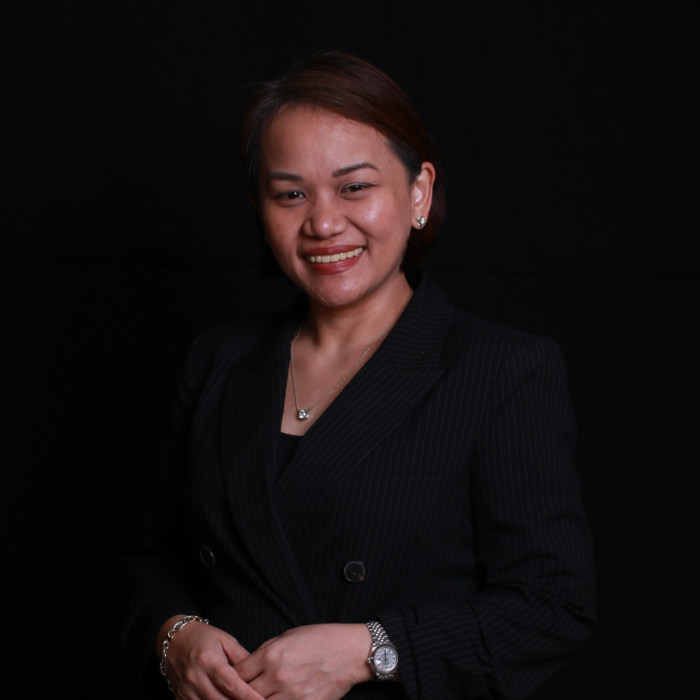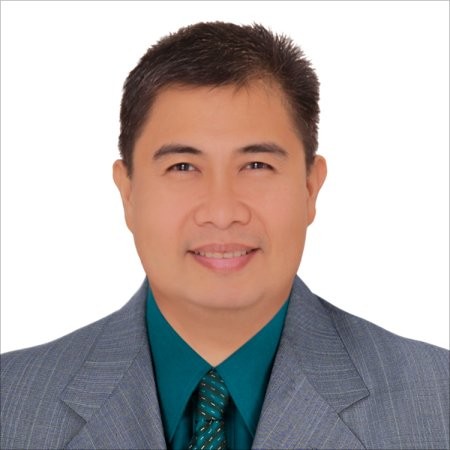Human Development: The focal point of building a talent pipeline
- Champa Ha

The continuous build and flow of the talent pipeline is always something that organisations often ponder about, especially considering the ongoing talent war. This is something that plagues industries such as the F&B and hospitality sectors, which often go through multiple labour shortages. As such, organisations must investigate different processes to build not only a proficient workforce, but also strengthen the concept of human development to enhance employee skills, knowledge, and abilities, creating a reservoir of talent for crucial roles.
But why is human development so important? For one thing, it concentrates on development that goes beyond economic growth and centres people’s lives as its focus. This means that it pushes employees and develops them for the better, which is crucial for industries such as hospitality and F&B, where employees often explore skills and job scopes beyond their focus, all while acting as brand ambassadors for their employer. For Ma. Theresa “Terri” Llamas, Chief HR Officer, Newport World Resorts (NWR), a talent pipeline is essential when it comes to finding the right talent, also known as NWR’s ‘Thrillmakers’.
“On the global scene, a robust talent pipeline becomes an absolute necessity as organisations navigate a complex tapestry of cultures and regulations,” Llamas told HRM Asia. “A well-oiled talent pipeline helps equip organisations with individuals who thrive in diverse landscapes and possess the global mindset for success.” By proactively nurturing future talent, she explained, organisations gain a competitive edge, improve efficiency, enhance employer brand, and ensure that global operations thrive in the ever-evolving landscape.
NWR starts the process by incorporating community engagement and continuous talent acquisition and development initiatives. This occurs through active participation in career fairs to boost the visibility and recognition of the NWR brand within the local community as a great job provider. This raises their organisation’s ability to attract top talent as well as network and collaborate with local education institutions, community organisations, and government agencies, establishing connections to collaborative initiatives for on-the-job training programmes and educational partnerships, further solidifying NWR’s presence and impact within the community. “Being able to engage in provincial job fairs also demonstrates a commitment from our end to corporate social responsibility. It signals that we are invested in the economic development of the region by providing employment opportunities to its people,” said Llamas.

“A well-oiled talent pipeline helps equip organisations with individuals who thrive in diverse landscapes and possess the global mindset for success.” – Ma. Theresa “Terri” Llamas, Chief HR Officer, Newport World Resorts (NWR)
When discussing the topic of developing a reliable talent pool, what is key to the process is continuous skill enhancement and training tailored to current industry trends and integrated with career progression planning, espoused Dr. Virgel C. Binghay, Faculty Member at the School of Labour and Industrial Relations, Professor at the University of the Philippines, and Co-Founding Member, ASEAN Human Development Organisation (AHDO) Philippines.
“Leadership programmes, combined with mentorship and coaching, nurture potential leaders and personal growth. Regular appraisals and constructive feedback, acknowledgement, and incentives are instrumental in ensuring job satisfaction and employee retention,” he explained. Dr Binghay detailed the importance of grooming individuals for pivotal roles and encouraging skill diversity through cross-training for better, seamless operations, especially in environments that value diversity and offer equal growth opportunities that enhance creative problem-solving.
So how should organisations create opportunities within their organisations to tap into a consistent talent pipeline? According to Dr. Binghay, it includes collaborations with educational bodies and leveraging flexible e-learning options and HR analytics aid in identifying skill deficiencies and shaping professional development paths. “Promoting a culture of curiosity, innovation, and collaborative learning is essential. Such a comprehensive approach to human development results in a robust, forward-thinking workforce that is well-equipped to meet future challenges and drive organisational success,” he explained.
It also includes pushing employees to seek further education through financial incentives like tuition reimbursement, performance-related bonuses, and career advancement tied to skill acquisition. “Establishing clear, continuous learning-based career paths, emphasising internal promotions, and facilitating diverse skill acquisition via job rotation and cross-training is essential,” shared Dr. Binghay. Recognising learning efforts with awards and flexible work arrangements supports work-life balance and personal growth.
It is also important for organisations to provide a range of development resources, including in-house training, e-learning platforms, and professional materials, allowing employees to learn independently. “Cultivating a learning-centric culture through mentorship, leadership encouragement, personalised development plans, and regular feedback fosters individual growth. Leveraging technology like gamification and Learning Management Systems and offering networking opportunities keeps employees engaged and up to date,” he concluded.

“Promoting a culture of curiosity, innovation, and collaborative learning is essential. Such a comprehensive approach to human development results in a robust, forward-thinking workforce that is well-equipped to meet future challenges and drive organisational success.” – Dr. Virgel C. Binghay, Professor at the University of the Philippines, and Co-Founding Member, ASEAN Human Development Organisation (AHDO) Philippines
These are sentiments shared by Newport World Resorts, which invests in the continuous improvement and development of their Thrillmakers to success. This starts with talent mobility within the hotel group, where organisations can push employees to explore different roles within the organisation. “Cross-training not only broadens their skill sets but also enhances their understanding of various aspects of their organisation’s business, fostering a well-rounded professional development journey for them and a more versatile and adaptable organisational workforce,” shared Llamas. This was implemented during the pandemic when Newport World Resorts initiated a temporary internal transfer programme for employees to other departments to fill positions vacated by those who resigned.
Another move that Newport World Resorts has employed in their essential talent pipeline, is the opportunity for learning and development. The organisation provides Thrillmakers who are interested to pursue further education with Educational Loan Assistance, opportunities to acquire new skills and take part in training programmes, giving recognition to those who complete these programmes or achieve professional milestones.
The organisation has also worked to implement a successful mentoring programme for 48% of its workforce, ensuring timely feedback and dedicated time for connecting with Thrillmakers and discussing their life experiences. They have also developed and implemented a customised training programme called CLIMB (Continuous Learning Integrated with Management Basics) to prepare employees for future leadership roles with the right knowledge, technical skills, and leadership competencies.
Human development, in essence, creates opportunities and shapes great strategies to foster an environment that values continuous improvement, driving growth and ensuring readiness for future challenges.
READ MORE: Future-proofing talent: Redesigning jobs and HR in Singapore
“By investing in the continuous improvement and development of our Thrillmakers, we’re also investing in the very foundation of our success as an empowered workforce allows us to navigate new challenges with agility and seize emerging opportunities, ensuring a bright future for both the Thrillmakers and our organisation,” concluded Llamas.
Join Dr. Virgel Binghay and Ma. Theresa Llamas at CHRO Philippines on 21 February, where they will be discussing the topics of human development, leadership through the lens of Philippine culture, and how to create high-performing workforces for 2024. To learn more, click here.






